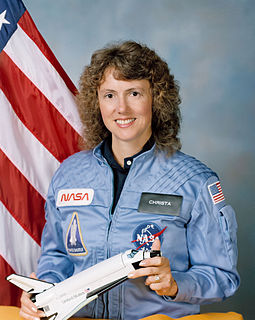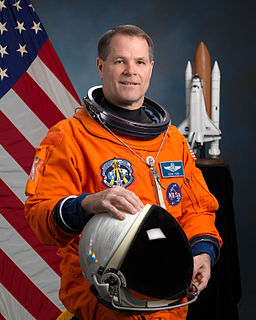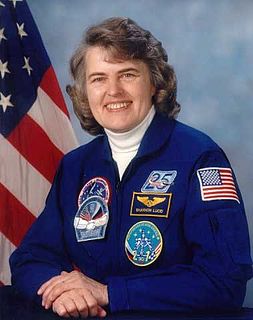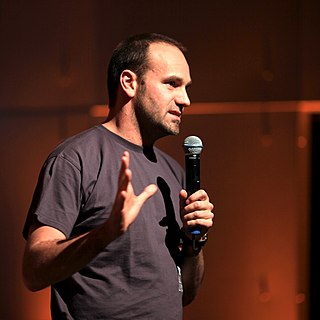A Quote by Wendy Kopp
Throughout history, when societies have been faced with big challenges, they've put their best people on them. During the Space Race, American and Russian scientists, engineers, astronauts and cosmonauts pushed the bounds of what was possible and landed men on the moon.
Related Quotes
By 1973, we had a space station, the Skylab, and we had multiple probes going up to planets. So, all this wonderful stuff happened in 10 to 15 years. About that time, there should have been enormous initiatives to make it affordable for people to fly in space, not just a handful of trained NASA astronauts and Russian cosmonauts.
I attended a big human space flight conference in Beijing and I was going as myself. And really, there weren't any NASA astronauts there, I was the only so-called American Astronaut there. We had astronauts from most of the other countries, certainly from Russia, from France, from Japan, several other countries, but it was a little bit odd because here we are at an international gathering of a lot of astronauts and I'm talking about somewhere upwards of 30 or so astronauts, and I'm the only American. And I wasn't even there in an official capacity.
The view of earth is spectacular from space. Most people imagine that when astronauts look out the window of the shuttle they see the whole earth like that big blue marble that was made famous by the flights that went to the moon. But the shuttle is much, much closer than those astronauts were. So we don't see the whole planet, the whole ball at once, we just see parts of it.
The Americans are still the leaders in human space flight. I feel we have a danger here of kind of stagnating. We're kind of resting on our laurels and there's a danger going forward if we don't take bold steps to really support human space flight in this country that we could fall behind. After the space shuttle is retired, we're going to have a big gap, five to seven years, at least where we're not going to have the ability to send our own astronauts into space, we'll have to buy rides on the Russian Soyuz, and so that will be a pretty big step down for us.
Astronauts will remain the explorers, the pioneers-the first to go back to moon and on to Mars. But I think it's really important to make space space available to as many people as we can. It's going to be a while before we can launch people for less than $20 million a ticket. But that day is coming.


































